This post may contain affiliate links which means I will get a commission if you make a purchase at no additional cost to you. As an Amazon Associate I earn from qualifying purchases. Please read my disclosure for details.
Organic foods have gained a reputation for being the healthiest and most ethical choice, but they often come with a hefty price tag. Many consumers pay extra for organic produce, meats, and dairy, believing that they’re getting superior nutrition and quality.
But is organic really worth the cost? While there are some benefits, the premium price of organic food isn’t always justified. Here are seven points that challenge the idea that organic is always worth the extra money.
1. No Significant Nutritional Advantage
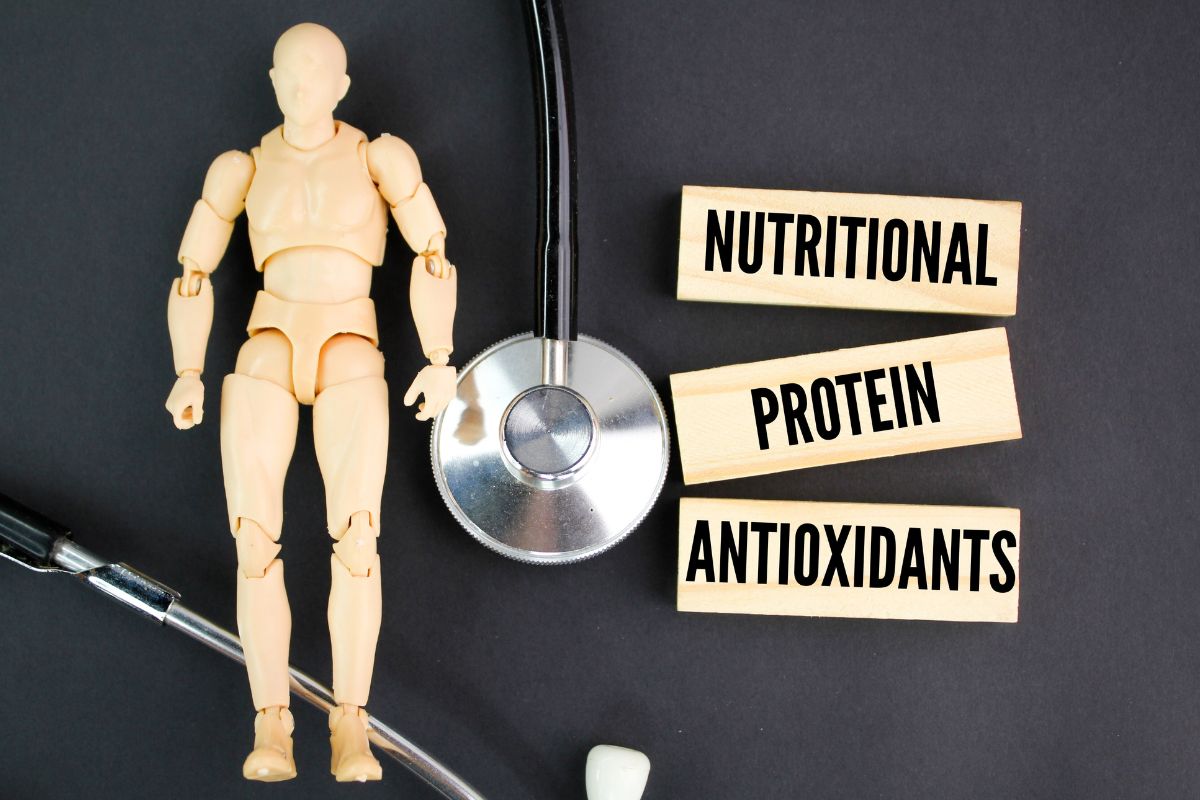
WANT TO SAVE THIS RECIPE?
Many people assume that organic foods are more nutritious than conventional foods, but scientific research suggests otherwise.
Numerous studies, including those by the USDA and Stanford University, have found little to no significant difference in vitamin and mineral content between organic and non-organic foods. While organic may contain fewer pesticide residues, the actual nutritional benefits don’t always justify the premium price. Consumers paying extra for “better nutrition” might not be getting their money’s worth.
2. Strict Safety Standards Apply to All Foods
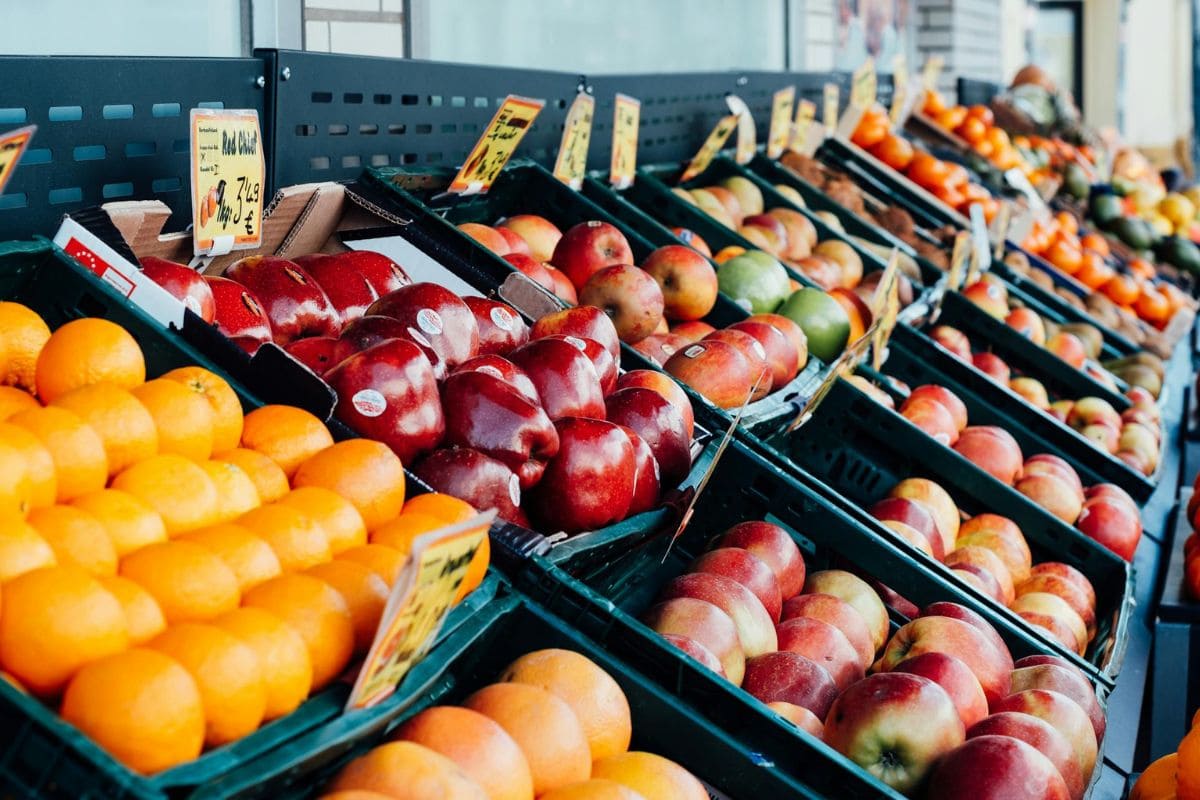
Conventional produce in the U.S. is subject to strict safety regulations enforced by the FDA and USDA. Pesticide residues on non-organic foods are typically well below the limits considered harmful to human health.
While organic farming limits synthetic pesticide use, it still allows natural pesticides, some of which can be just as toxic in high amounts. The perception that organic is the only “safe” option isn’t entirely accurate, making its higher price questionable.
Sign up now to receive our exclusive e-cookbook filled with top-rated recipes for FREE!
3. Organic Farming Isn’t Always Better for the Environment

Organic farming is often marketed as the more sustainable choice, but it isn’t always the most environmentally friendly. Organic crops tend to yield less per acre compared to conventional farming, requiring more land and resources to produce the same amount of food.
Additionally, organic farming methods sometimes rely on older, less efficient techniques that can lead to increased water use, deforestation, and soil depletion, challenging the idea that organic is always better for the planet.
Related Post: 10 Old-School Restaurant Chains That Barely Exist Now
4. Higher Cost Doesn’t Always Mean Better Quality
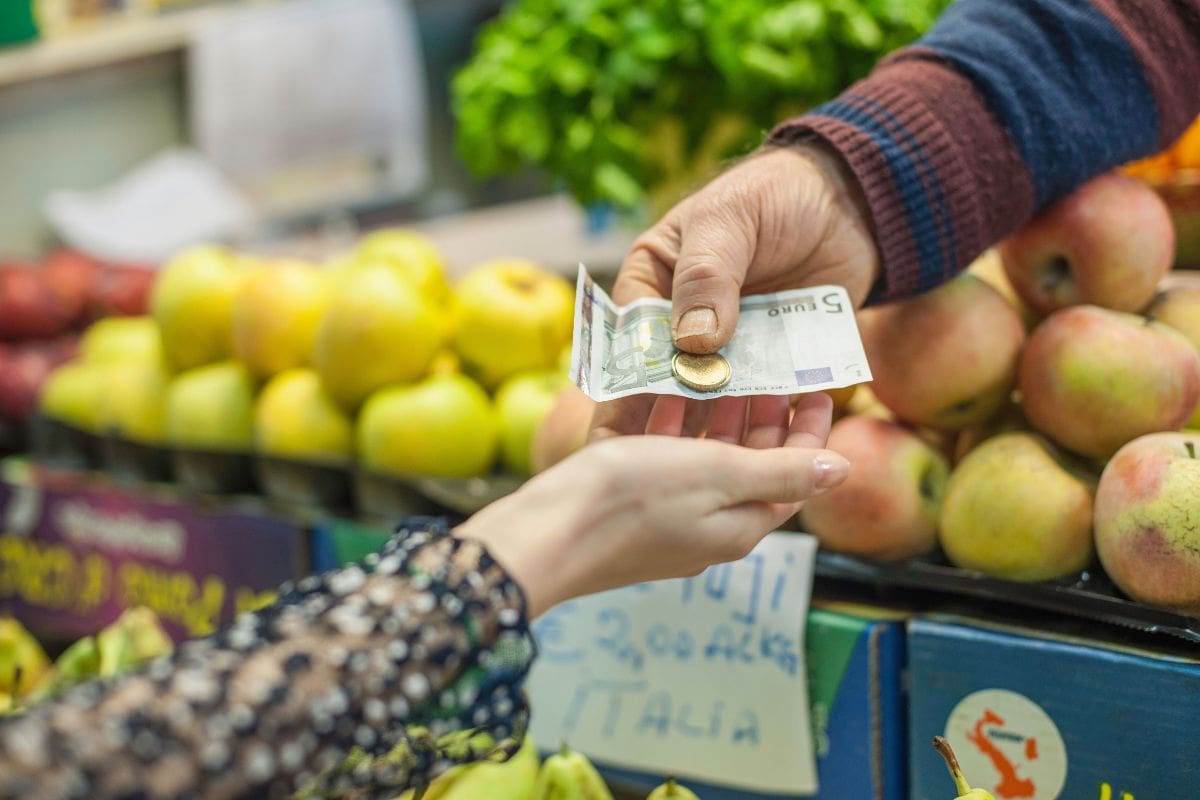
Paying more for organic food doesn’t necessarily guarantee better taste or quality. While some people report that organic produce tastes better, blind taste tests have shown mixed results.
Factors like freshness, variety, and how the food is stored often play a bigger role in taste than whether it was grown organically. Many high-quality conventional foods offer excellent flavor and nutrition at a fraction of the cost, making the premium price of organic food less justifiable.
Related Post: 15 Common Food Myths You’ve Been Believing for Years
5. Locally Grown May Be a Better Alternative
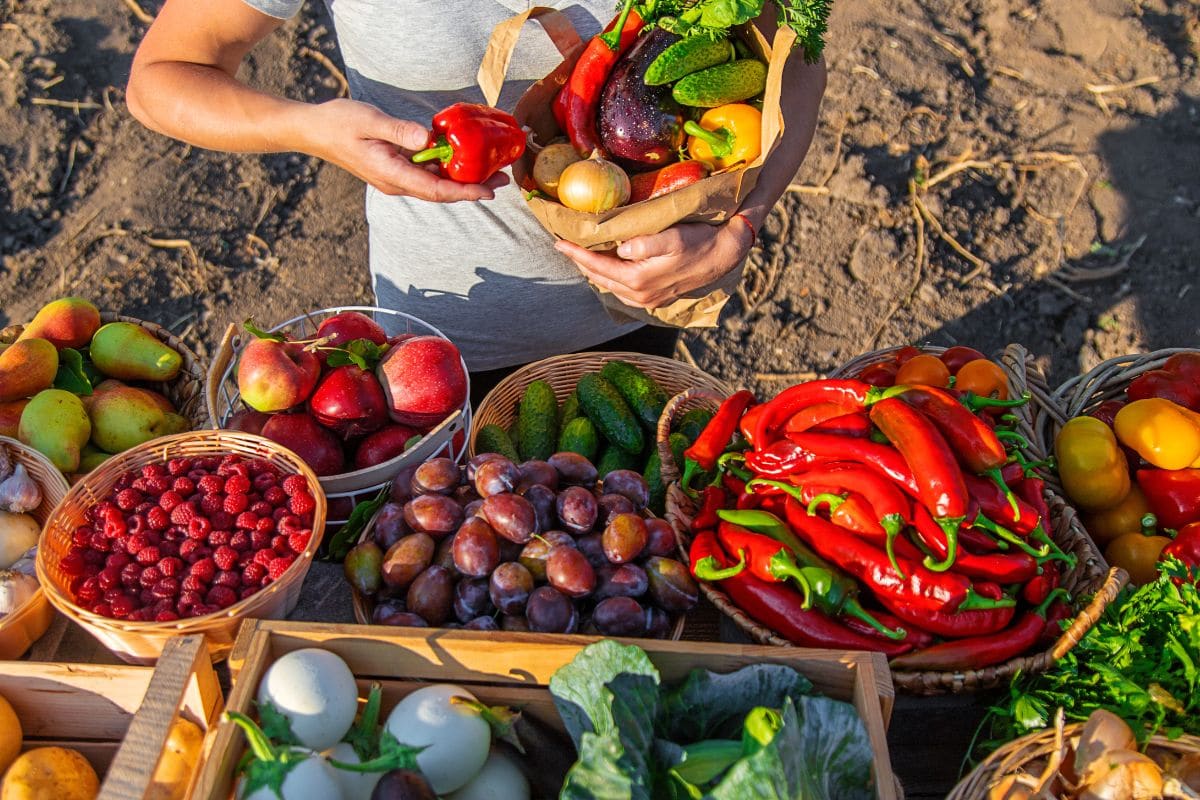
Many people choose organic because they want to support ethical farming practices, but buying local produce can often be a better and more affordable alternative. Local farms, whether organic or not, often use sustainable growing methods and sell fresher produce with fewer food miles.
Instead of paying for the “organic” label, supporting local farmers at a farmers’ market can offer fresher, nutrient-rich produce at a more reasonable price.
Sign up now to receive our exclusive e-cookbook filled with top-rated recipes for FREE!
6. Organic Meat and Dairy Aren’t Always More Ethical
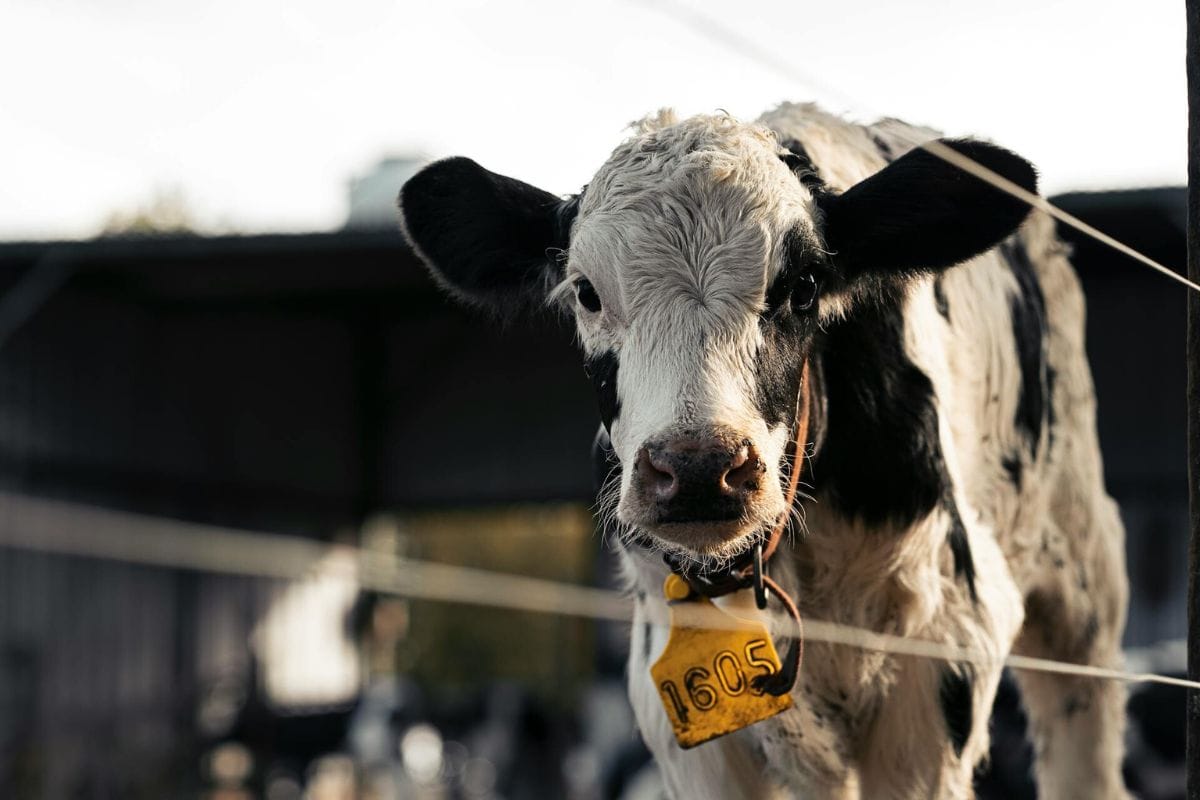
Organic meat and dairy products are often marketed as being more humane, but the reality isn’t always that simple. Organic certification focuses more on feed and pesticide-free environments rather than actual animal welfare.
Conventional farms with high animal welfare standards can provide better conditions than some organic-certified operations. Since organic meat and dairy often cost significantly more, consumers may be paying extra without necessarily supporting the most humane farming practices.
Related Post: 11 Things You Should Always Buy at the Dollar Store Instead of the Supermarket
7. The Organic Label Is a Marketing Tool

While organic food regulations exist, the label itself is often used as a powerful marketing tool to justify higher prices. The word “organic” carries a premium connotation, leading consumers to assume they’re getting superior products.
In reality, many conventional and non-certified natural products offer the same health and environmental benefits without the inflated cost. The organic industry benefits from this perception, but consumers should be aware that the label alone doesn’t always mean better quality or ethics.
Related Post: 15 Quick Meals That Pack Bold Flavor in No Time
Final Thoughts: Making Smart Food Choices
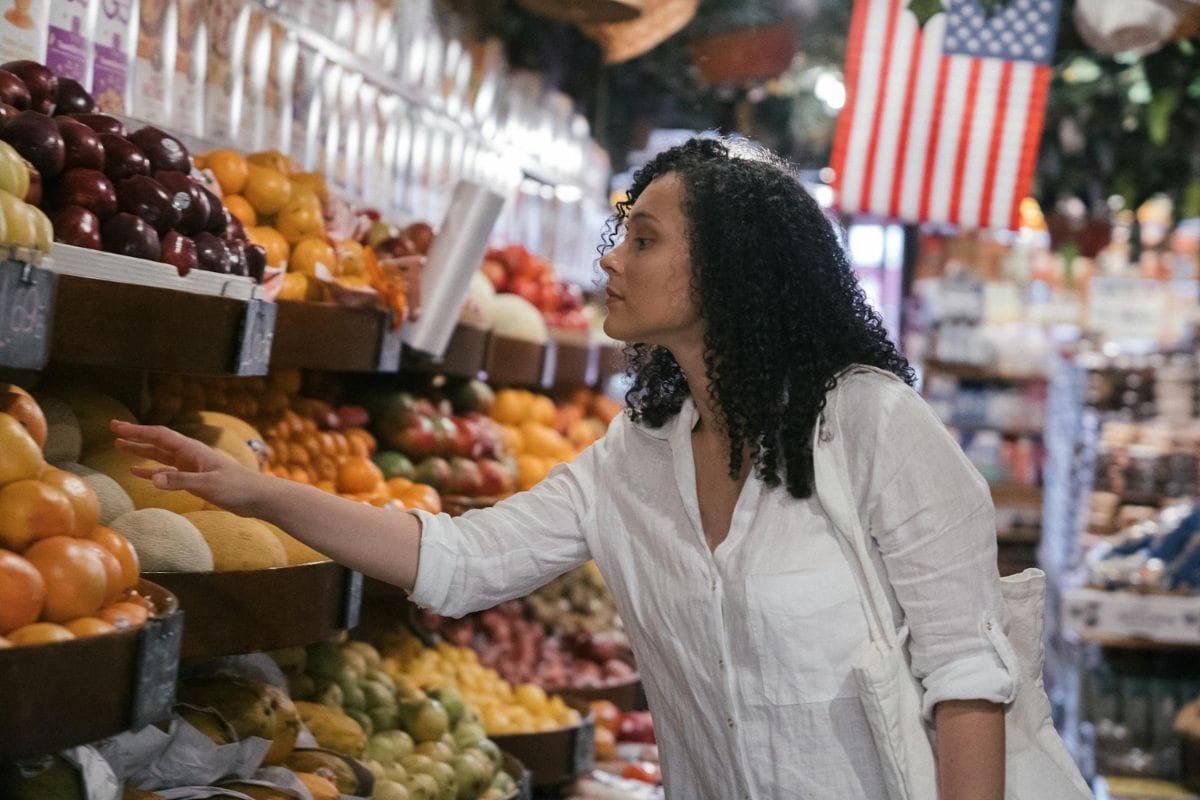
While organic foods have some benefits, their higher price isn’t always justified. Nutritional differences are minimal, safety regulations protect all food, and environmental impacts vary.
Supporting local farmers, choosing high-quality conventional foods, and focusing on a balanced diet may be just as beneficial—if not more—than paying extra for an organic label. Ultimately, smart food choices come down to being informed, prioritizing freshness and sustainability, and not assuming that “organic” automatically means better.
Disclaimer: This list is solely the author’s opinion based on research and publicly available information.
10 Old-School Restaurant Chains That Barely Exist Now

America has seen its fair share of beloved restaurant chains come and go. While some nostalgic favorites have completely disappeared, others are hanging on by a thread, with only a handful of locations left. These restaurants once thrived, serving up classic American comfort food, burgers, and shakes to generations of diners.
Read it here: 10 Old-School Restaurant Chains That Barely Exist Now
15 Sneaky Corporate Tricks That Make You Spend More Without Realizing
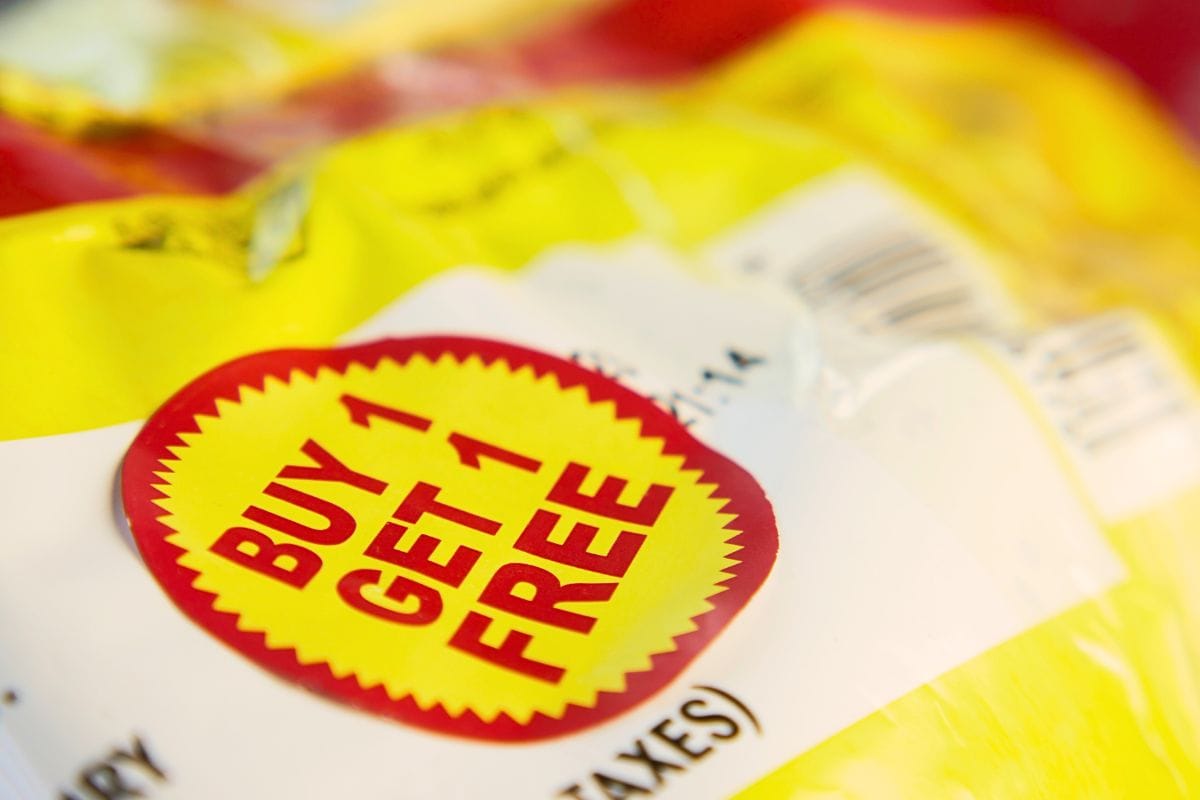
From grocery stores to online retailers, corporations use a variety of subtle tactics to get you to spend more than you intended. These psychological tricks make purchases feel like good deals, even when they aren’t. The more you understand these sneaky marketing strategies, the better you can resist unnecessary spending and keep your budget in check.
Read it here: 15 Sneaky Corporate Tricks That Make You Spend More Without Realizing
Is Walmart+ Still Worth It in 2025? The Truth After 3 Years

Could you be missing out on major savings and life-changing convenience? After three years with Walmart+, I’m sharing the honest truth about what’s worth it—and what’s not. Don’t sign up (or skip out!) without reading this first!
Read it here: Is Walmart+ Worth It? Honest Review 3 Years Later!
You’ll love these related posts:
